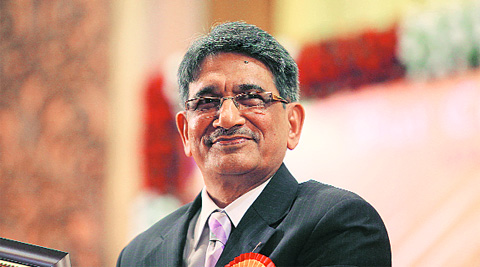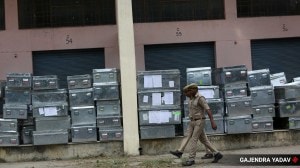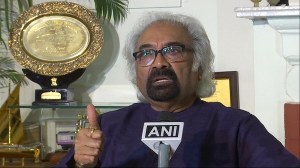- India
- International
CJI to Government: Don’t blame us for delay, look within
SC: Says tribunals don’t have ‘complete independence’
 How can you blame high courts? You don’t appoint enough judges… there is no infrastructure says R M Lodha.
How can you blame high courts? You don’t appoint enough judges… there is no infrastructure says R M Lodha.
Criticising the government for its attempt to blame the judiciary for the huge backlog of cases, Chief Justice of India R M Lodha on Tuesday questioned the “honesty” of the executive in ensuring adequate infrastructure and independence of tribunals. “Independence must be seen through actions and not by words,” he said.
The Constitution bench led by the CJI censured the government for arguing that since courts had failed to provide speedy justice, tribunals with judicial powers were being created. The court pointed out that it was in fact the government which has caused the problem.
“How can you blame high courts for all the problems? You don’t appoint enough judges… there are only 20-30 judges in high courts. There is no infrastructure, no facility. You don’t strengthen them and then blame the courts for backlog,” said the bench, adding that it was nothing short of an “assault on the Constitutional scheme”.
The remarks came after Attorney General Mukul Rohatgi said high courts were failing in dispensation of justice, prompting the government to pass laws for setting up more tribunals.
Rejecting this argument, the bench, also comprising Justices J S Khehar, J Chelameswar, A K Sikri and R F Nariman, said a high court can do its job better than any other body. It said the judiciary was battling with the huge pendency owing to the government’s failure in providing sufficient infrastructure.

It also reminded the AG about the government’s failure to comply with the resolve — following a Supreme Court verdict in 1997 — to put in place an independent supervisory authority to grant financial and other assistance to ward off any political interference from functioning of the tribunals with judicial powers.
“If you transfer judicial powers to tribunals but don’t grant complete independence and the control is with your ministry, all the tribunals must go. Entire control is yours in that case. Ministry of Law is also the executive and holding control by them is no defence.
“All the ministries are the same for this purpose. You can only have people with legal knowledge in the Ministry of Law but they don’t have legal minds, and the two are very different. Administrative power cannot be left with the executive,” it said, while examining a challenge to the legislation setting up the National Tax Tribunal, sought to be created to decide questions of law relating to taxation.
It told the AG that the government had 17 years to form an independent supervisory body for tribunals but has failed to do so, while choosing to keep on passing laws to create more tribunals. “Independence must be seen through actions and not by words. You give high-profile name to statutes but don’t ensure the independence. Validity of your new law is under challenge but you still have not set up a body. There is a direct assault by not having a supervisory body,” it said.
The CJI quoted William O Douglas, the longest serving judge in the US Supreme Court, to emphasise his point — “As nightfall does not come all at once, neither does oppression. In both instances, there is a twilight when everything remains seemingly unchanged. And it is in such twilight that we all must be most aware of change in the air, however slight, lest we become unwitting victims of the darkness.”
He said the government must think over the message conveyed in the quote.
Apr 24: Latest News
- 01
- 02
- 03
- 04
- 05







































